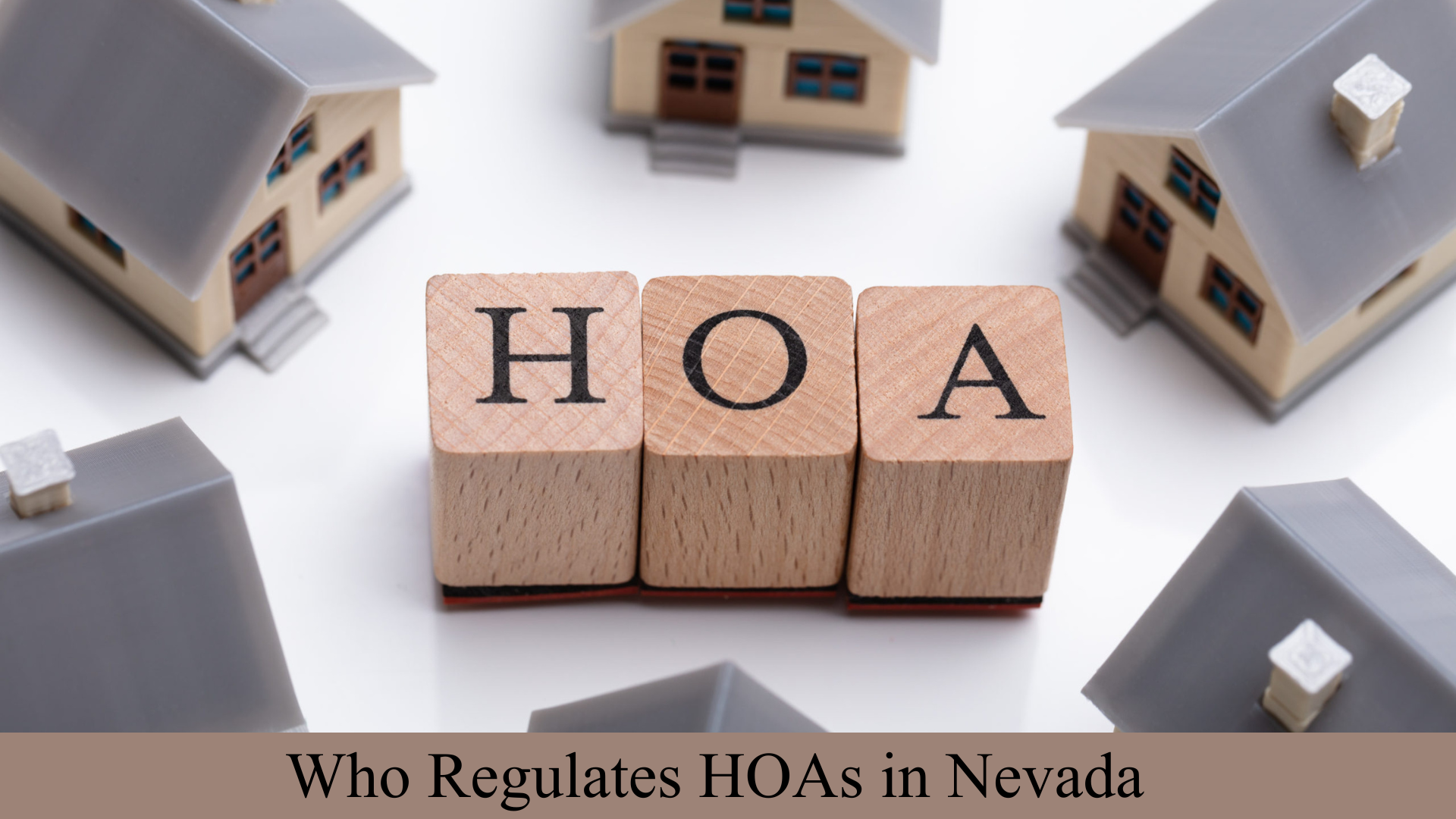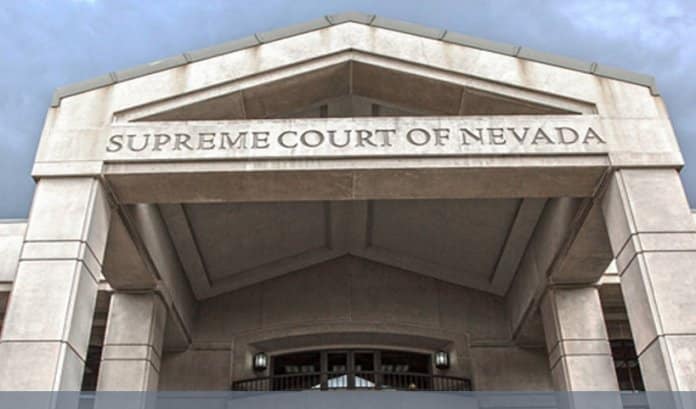ISAACSON LAW BLOG
Who Regulates HOAs in Nevada?

Who Regulates HOAs In Nevada?
Nevada’s vibrant residential communities boast a diverse range of Homeowners’ Associations (HOAs). These HOAs play crucial roles in maintaining order, aesthetics, value, and a sense of belonging within communities. However, their power is governed by the legal requirements of the State of Nevada under Nevada Revised Statutes (NRS) Chapter 116. This statute is administered by the Nevada Real Estate Division.
Isaacson Law is dedicated to helping you demystify how the Nevada Revised Statutes and HOA regulations interface.
Read below to learn more about how HOAs are governed within our state.
The Backbone of Law in Regard to HOAs Is the Nevada Revised Statutes Chapter 116
NRS Chapter 116, titled “Common-Interest Ownership (Uniform Act),” serves as the cornerstone of HOA regulations in Nevada. Enacted to provide clarity and consistency, this chapter outlines the legal framework governing the formation, operation, and dissolution of Common-Interest Communities (CICs), which encompasses HOAs. Here’s a closer look at some key areas regulated by NRS Chapter 116:
The Formation of HOAs: This statute outlines the process for establishing an HOA. It includes the requirements for declaration of covenants, conditions, and restrictions (CC&Rs), voting procedures, creating boards and members, and how elections are to work.
The Powers and Duties of HOAs: NRS Chapter 116 defines the scope of authority granted to HOAs. These include the ability to levy assessments, maintain common areas, enforce CC&Rs, and adopt rules and regulations.
The Rights and Responsibilities of Unit Owners: The statutes outline the rights of homeowners within an HOA community. These include access to association records, participation in meetings, and the right to vote on certain matters.
The Financial Management: NRS Chapter 116 establishes guidelines for financial management practices within HOAs. These include budgeting procedures, recordkeeping, and limitations on assessments.
The Dispute Resolution Process: Working with NRS Chapter 38, the statutes outline various methods for resolving disputes between homeowners and the HOA, including mediation and arbitration.
The Watchdog over HOAs Is the Real Estate Division of Nevada
The Nevada Real Estate Division (NRED) in the Nevada Department Business & Industry is tasked with overseeing and enforcing, among other provisions, NRS Chapter 116. Here’s how NRED plays a role in HOA oversight:
Registration of HOAs: All HOAs in Nevada are required to register with NRED.
Review of CC&Rs: NRED has the authority to review CC&Rs upon initial registration to ensure that they comply with NRS Chapter 116. However, ongoing enforcement of HOA CC&Rs remains the responsibility of that HOA’s board.
Mediation Services: NRED offers mediation services to assist in resolving disputes between homeowners and HOAs. This is a valuable resource for both parties as an option, or precursor, to litigation
Public Education: NRED provides educational resources and information for both homeowners and HOA boards to promote the understanding of NRS Chapter 116 and the best practices for HOA governance. NRED’s website is a valuable resource for learning how HOAs should function.
Beyond NRS Chapter 116 There Are Additional Regulations in Effect
While NRS Chapter 116 serves as the primary legal framework for HOAs, there are other regulations that might apply, depending upon circumstances:
The Fair Housing Act (FHA): HOAs are subject to the Dederal FHA, which prohibits discrimination against individuals for housing based upon race, religion, disability, and other classifications. Knowing and understanding the FHA is essential to proper governance of any community association.
The Nevada Accessibility Code: This code outlines accessibility standards for common areas within multi-unit dwellings, which might be applicable to HOA communities.
Housing for Older Persons: This federal law works in conjunction with the FHA and allows communities of persons 55 and older to exist, thereby legalizing discrimination against younger individuals under very specific regulations.
The Importance of Compliance:
Understanding and complying with NRS Chapter 116 and other relevant regulations are crucial to operating HOAs in a legal manner and in avoiding challenges and pitfalls.
There are consequences for non-compliance.
Fines or Penalties: NRED can impose fines on HOAs that are found to be in violation of NRS Chapter 116.
Lawsuits: Homeowners can sue HOAs when they believe their rights have been violated due to non-compliance with the law.
To Learn More, Contact Isaacson Law:
While the Nevada Revised Statutes Chapter 116 and the Real Estate Division work in tandem to provide a regulatory framework for HOAs in the Silver State, federal laws and the complexities of actually setting up and operating an HOA is overwhelming for most. Even if your HOA has been up and running for years, to thoroughly and effectively understand how HOA should function, it is a good idea to consult with an attorney qualified and experienced at handling HOAs.

LOCATION
- (702) 529-2559
- 7575 Vegas Dr, Suite 150N, Las Vegas, Nevada 89128
BUSINESS HOURS
Monday – Friday: 8:30am to 5:30pm
Recent Blog Posts

HOA Fee Increases: Don’t Surprise Homeowners


Why “Failure to Communicate” Is a Violation

